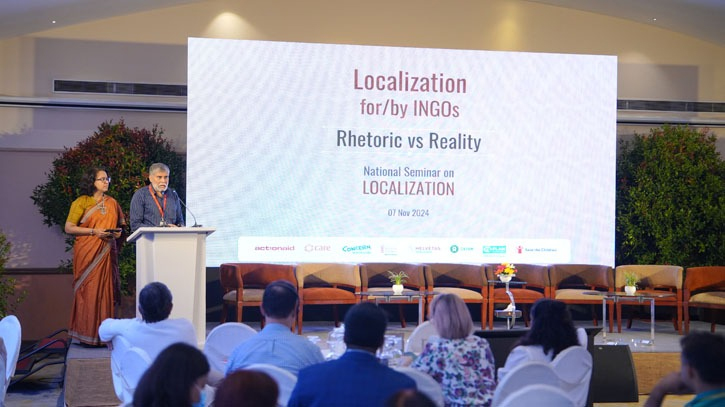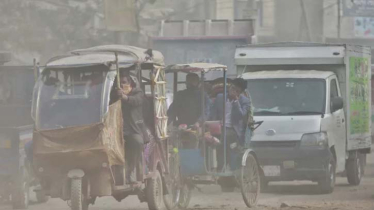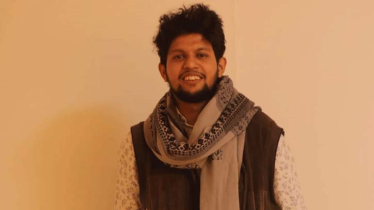
Photo: Courtesy
Save the Children in Bangladesh co-hosted a “National Seminar on Localization” with seven other INGOs, namely Oxfam in Bangladesh, Concern Worldwide Bangladesh, CARE Bangladesh, ActionAid Bangladesh, Helvetas Bangladesh, Plan International Bangladesh, and Danish Refugee Council today in a hotel in Dhaka.
The seminar aimed to define localization as a concept and process and its implications for programming and deciding the way forward. More than 130 representatives from the Government, UN, I/NGOs, Donors, and other stakeholders joined the event. Md. Saidur Rahman, Director General (Grade – 1), NGO Affairs Bureau, attended the event as the Chief Guest. Gwyn Lewis, UN Resident Coordinator in Bangladesh, and Matilda Svensson, First Secretary and Coordinator of Humanitarian and Development Assistance, Embassy of Sweden in Bangladesh, were also present at this event as the Guest of Honors. Among other mentionable attendees were Farah Kabir, Country Director, ActionAid Bangladesh; Manish Kumar Agrawal, Country Director, Concern Worldwide; Sumitra Mukherjee, Operation Director Asia Region and Country Director Bangladesh, Danish Refugee Council; Prashant Verma, Country Director, Helvetas Bangladesh; Ashish Damle, Country Director, Oxfam in Bangladesh; Kabita Bose, Country Director, Plan International Bangladesh; Shumon Sengupta, Country Director, Save the Children in Bangladesh; and Mohammed Mehrul Islam, Interim Deputy Country Director-Program, CARE Bangladesh
The participants worked together to develop a shared concept and a path to localization for the betterment of women, children, and communities. The keynote presenters shared the current approach, opportunities, challenges, and potential role for localization. Presentations also included insights and expectations from INGOs and the readiness of national NGOs to advance localization in Bangladesh. The event was wrapped up with a synthesis of the opportunities and challenges of localization and outlining future priorities for collective action.
Special Quotes:
Gwyn Lewis, UN Resident Coordinator in Bangladesh, mentioned that the success of the nation's work in localization is substantial because national organizations support communities and give local voices. “Localization means a better response to the dynamics on the ground. It is also a commitment we need to make as a community,” she added.
Matilda Svensson, First Secretary, Embassy of Sweden in Bangladesh, said, “Local and national actors are the first to respond, know the context, and be there when others leave.” She also added that the Embassy of Sweden in Bangladesh would like to support recognizing leadership, coordinating funding, including actors, and supporting their access to decision-making. Ms. Matilda has also highlighted their commitment to “Grand Bargain”, as a whole-of-society approach.”
Md. Saidur Rahman, Director General (Grade – 1), NGO Affairs Bureau. Chief Adviser’s Office said, “We prioritize decentralization by giving better access to the local NGOs.” He highlighted the importance of focusing on needs-based funding and greater coordination. He also emphasized that procuring data is essential for proper assessments demonstrating how organizations effectively implement projects locally to provide evidence digitally available for greater access to it.”
Messenger/Tareq








